International Intervention in Afghanistan: Motives and Approaches
Did the international intervention in Afghanistan in 2001 lead to the creation of unrealistic expectations on the part of the Afghan peoples? What were the negative effects of the use of force? These are some of the urgent questions that this volume seeks to answer. It questions the rationale for occupation by the intervening power. How and to what extent is this intervention plagued by problems of will and capacity? The issue of humanitarian intervention has the potential to divide international institutions such as the UN and damage their credibility. The volume also questions what kind of scenario is likely to develop, both within Afghanistan and in the region, in the case of withdrawal of international forces.
The volume has developed out of an international seminar organised by Maulana Abul Kalam Azad Institute of Asian Studies in collaboration with Indian Council of World Affairs, aiming to bring together the perspectives of academicians, UN officials, journalists and military personnel.
Get it now and save 10%
BECOME A MEMBER
-
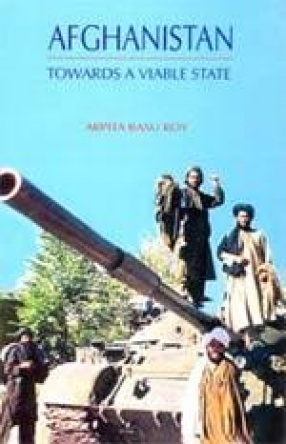
Afghanistan: Towards a Viable State
-
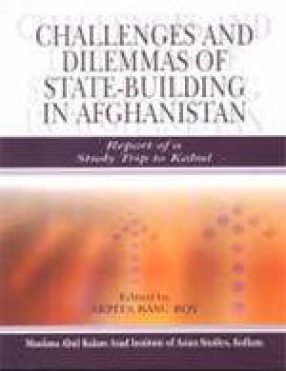
Challenges and Dilemmas of State-Building in Afghanistan: Report of a Study Trip to Kabul
-
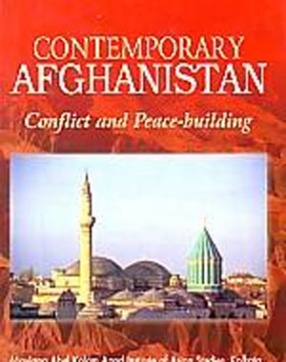
Contemporary Afghanistan: Conflict and Peace-Building
-
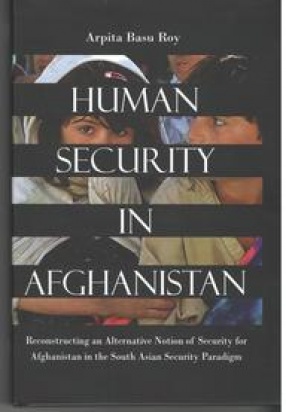
Human Security in Afghanistan: Reconstructing An Alternative Notion of Security for Afghanistan in the South Asian security Paradigm
-
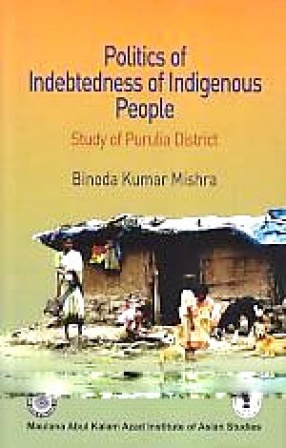
Politics of Indebtedness of Indigenous People: Study of Purulia District
-
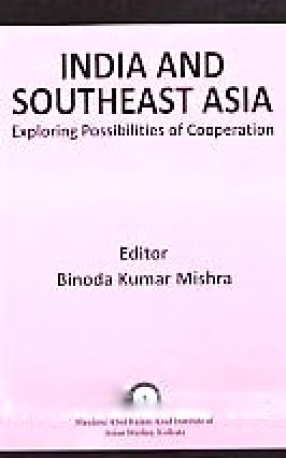
India and Southeast Asia: Exploring Possibilities of Cooperation

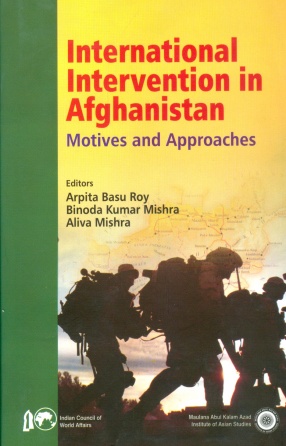
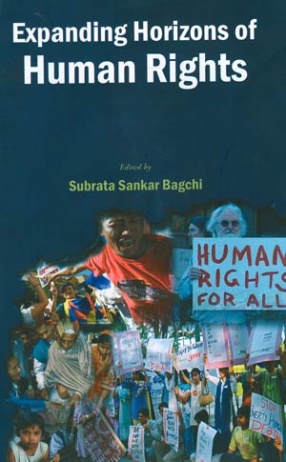

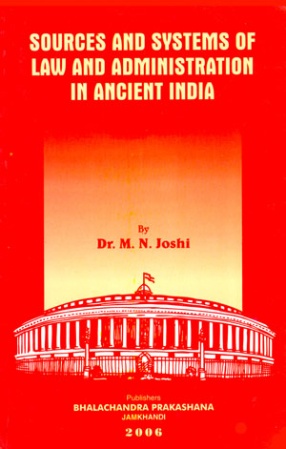
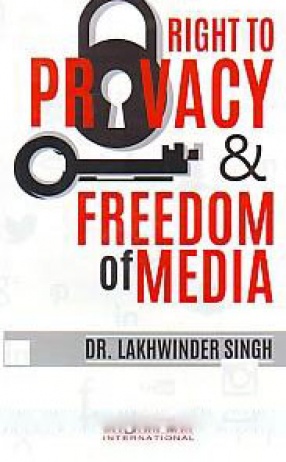

Bibliographic information
Binoda Kumar Mishra
Aliva Mishra